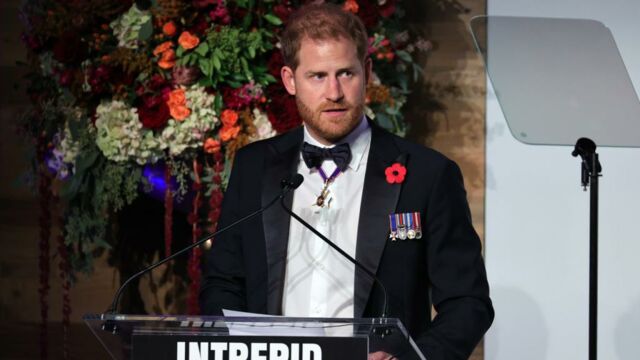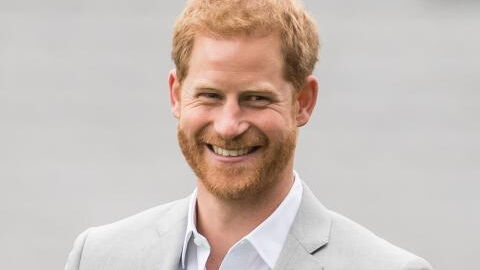After the royal family deemed the first half of the two-part docuseries as discreditable, Prince Harry has swooped in to save the day!
Discover our latest podcast
The Duke successfully altered the second half of the documentary, called The Princes and the Press, available on BBC iPlayer, which will be aired tonight. It chronicles the life of how Prince William and Prince Harry grew up amidst the eyes of the media.
The royals want to prohibit immortalising such sensational stories, which are deemed fictitious.
Getting rid of ‘Megxit’
The press and the royals have a very old relationship. They have this univocal understanding of how the royals need to be portrayed in the public eye.
Yet, BBC's Media Editor, Amol Rajan, explores a rather controversial angle; wherein the first half, which aired last week, dealt with a letter from a private investigator apologizing for ‘robbing’ Prince Harry of his adolescent years.
BBC gave in to at least one of the many requests before it aired the second half of the series and altered it. Previously, the second half dealt with the Duke and Duchess of Sussex’s ‘Megxit—' a rather unfair term, which is used to describe Prince Harry and Meghan leaving the royal family.
The Duchess has been the centre of a targeted hate campaign for a long time. Prince Harry, after various requests, brought the patriarchal abuse in the limelight and said:
Maybe people know this and maybe they don’t, but the term Megxit was or is a misogynistic term, and it was created by a troll, amplified by royal correspondents, and it grew and grew and grew into mainstream media. But it began with a troll!
The word ‘Megxit’ in the two-part docuseries will now be replaced with ‘Sussexit,’ focusing on ‘circumstances around the decision of the Sussexes to step down from their senior royal roles.’
Rare joint statement
The royal family had no previewfor the documentary and united over the fiasco with BBC,and they threatened to ‘boycott’ the national broadcaster of Britain.
The documentary also reveals the royal family's alleged antipathy against the BBC since 1997—the year Princess Diana’s interview with Martin Bashir aired.
To not encourage such activities in the future, the English royal family in a joint statement said:
A free, responsible and open press is of vital importance to a healthy democracy. However, too often it is overblown and unfounded claims from unnamed sources that are presented as facts and it is disappointing when anyone, including the BBC, gives them credibility.















